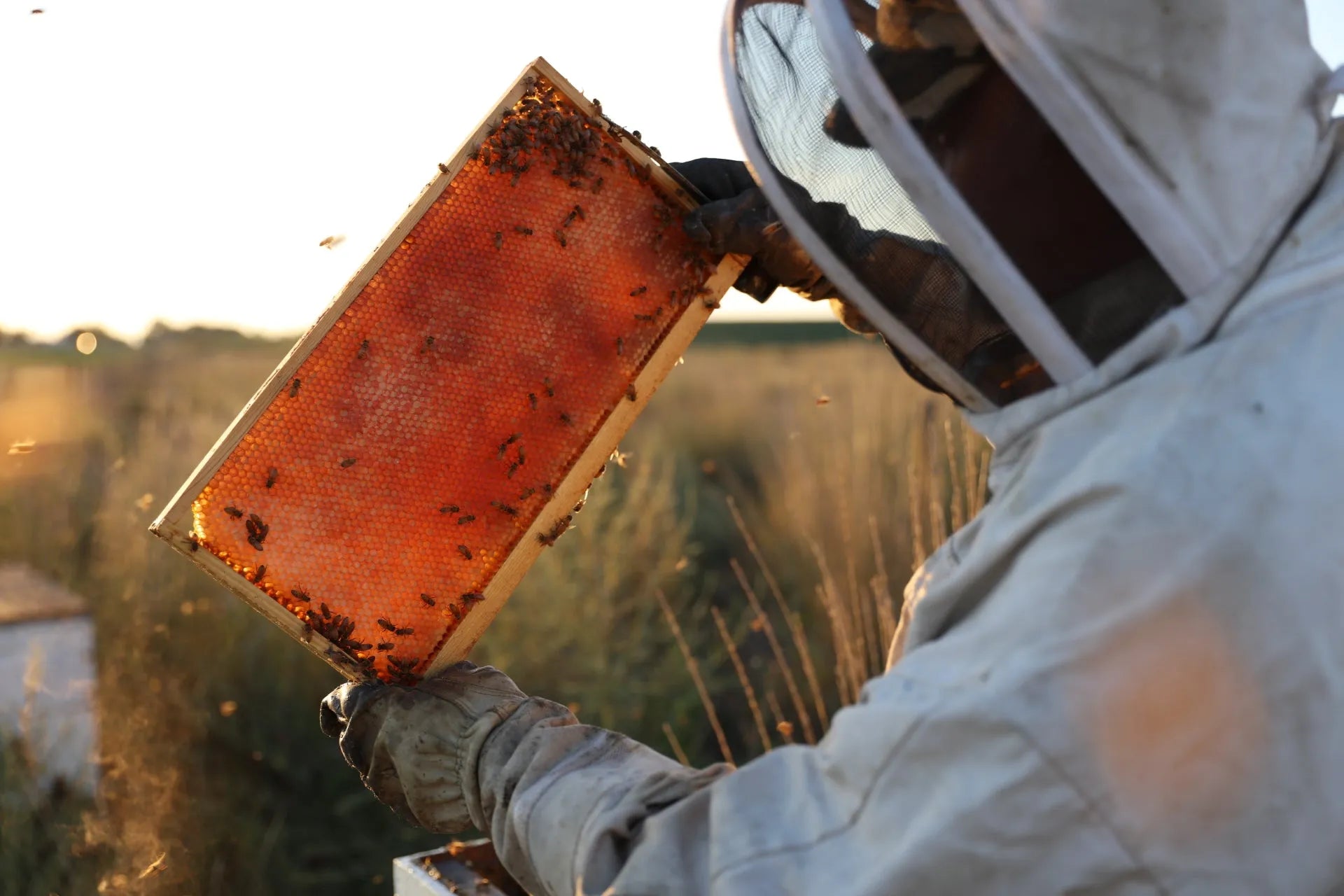The Start of Beekeeping Season
Beekeeping
As of Wednesday, spring is officially here, and with spring, comes flowers, and with flowers, come bees! Beekeeping requires year-round work, but things really shift into gear in the spring as bees emerge from their long winter’s nap and start the mad dash to begin building up their honey stores.
For the newbies: “long winter’s nap” is just a figure of speech. Bees don’t actually hibernate; they just huddle together in their hive in order to keep warm, slowly nibbling away at their stores of food from the past year. They also insulate their hive by sealing its edges with propolis. A hive consumes most of its honey stores over winter, and keepers must make sure the bees have food until enough flowers bloom to provide nectar for them to forage.
In early spring – which can vary considerably across the USA, depending on whether a beekeeper hangs their hive in Florida or, say, Indiana – queens begin laying eggs in earnest, building up each hive’s numbers and ensure there are plenty of workers to keep things buzzing along. Because once the flowers bloom, our bee buddies get busy, buzzing from bud to bud to build up bunches of honey for their brood. Sometimes, a hive will look for a new home by swarming, which is exactly what it sounds like. Every spring, beekeepers have the tough job of wrangling these swarms through careful planning or convincing the bees that their current hive is actually a new one.
Spring is a tricky time for beekeepers, especially when they’re trying to make local honey from specific local pollen sources. Because plants bloom for different lengths of time and at different times of year, beekeepers have to make sure their hives are ready to get out and pollinate when blooms occur, which can be unpredictable. Bees are always dead-set on finding a pretty, colorful flower – that’s their cue that there’s plenty of pollen present – so they’ll pollinate anything in sight, including more common pollen sources like white clover and wildflowers.
Thankfully, our experienced network of local beekeepers is ready to handle the finicky swarms and long days in the field to produce another great harvest of 17 raw & unfiltered honeys– made entirely in the USA.
If you have any questions regarding beekeeping, please send us a note at beekeeping@localhivehoney.com

